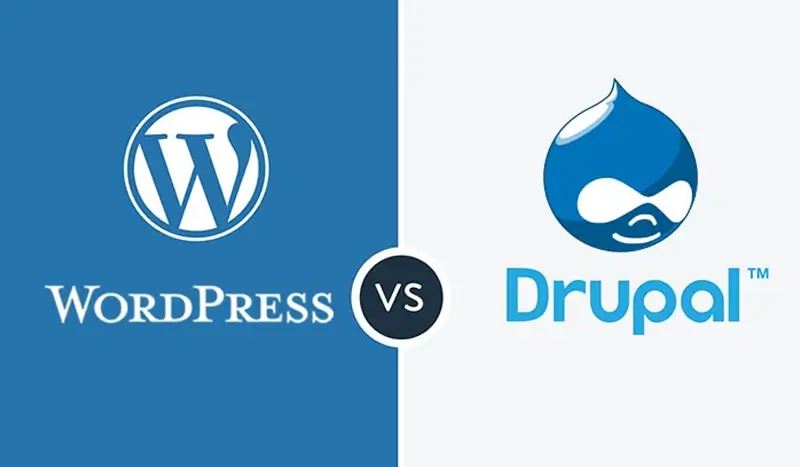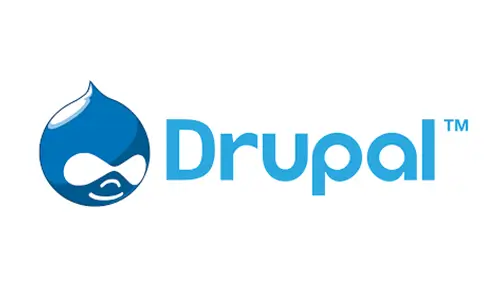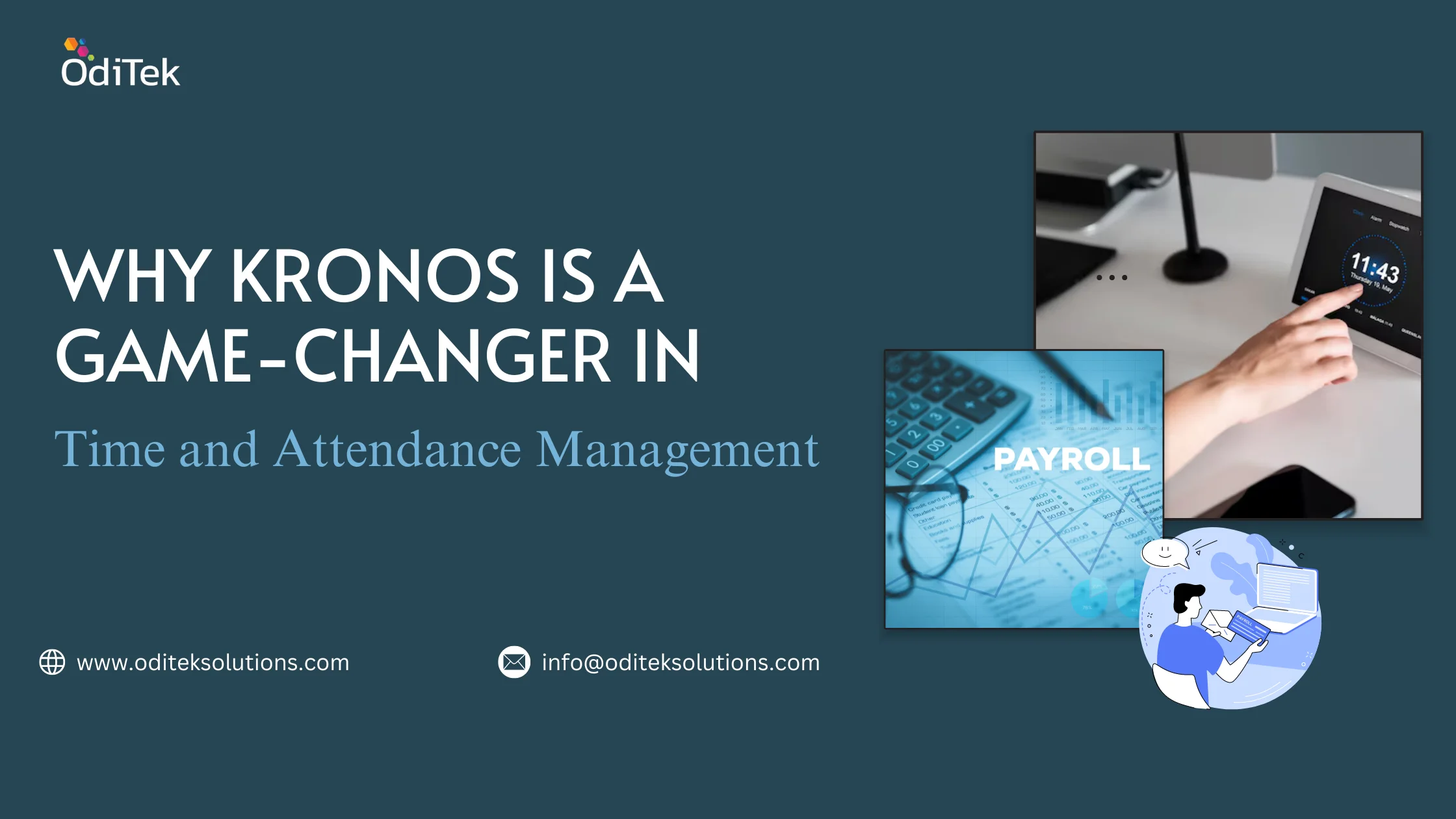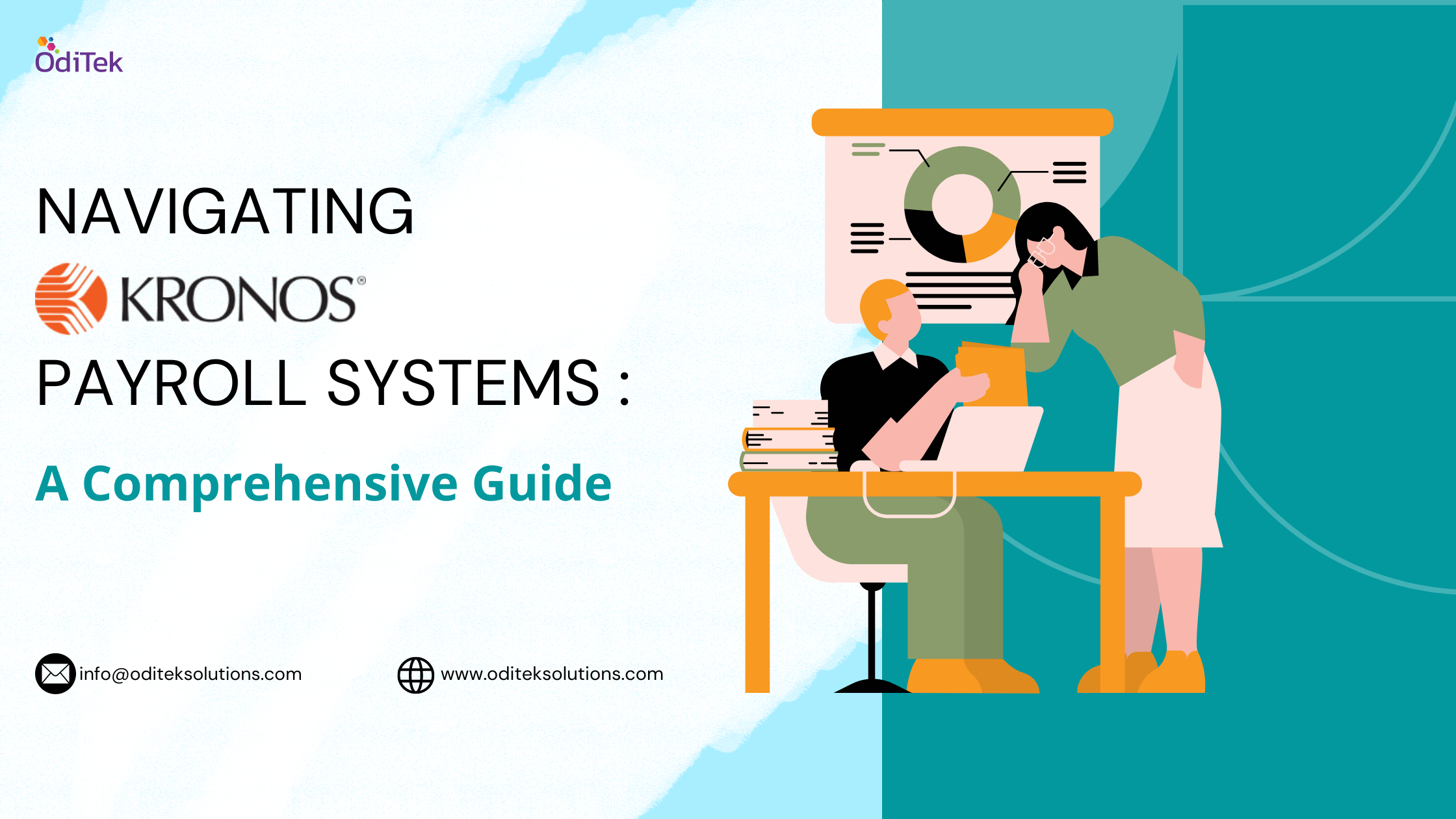WordPress Vs Drupal are two of the most widely used Content Management System (CMS) platforms all over the world. Knowing which CMS platform is right for your business depends on your short and long-term goals. If you’re looking for an open-source and user-friendly solution to your CMS needs, either platform will do.
If you start asking around, however, you may get a diverse range of opinions on which platform is best – depending on who you ask. For example, if you ask an experienced web developer and a business owner who isn’t very tech-savvy, you will likely get very different responses. Why? Because they have very different technological skills, and most likely have significantly different goals they are looking to achieve.
WordPress Vs Drupal
Intro
Though Drupal has been around for longer than WordPress, it currently powers just 2 % of websites worldwide vs. WordPress’s 30%. With such a significant difference in reach, you may wonder why we would even choose to compare them. Regardless of popularity, however, both platforms have a valid place in the world of online CMS solutions.
Why they’re great?
There are a few things that make both WordPress and Drupal great, whether the user is new to CMS solutions or a highly skilled web programmer:
- Both Are Open Source Solutions
Both Drupal and WordPress are open source solutions, which means they are free to use and to develop further. This makes them both affordable and customizable to meet your specific needs.
- Get Support from a Strong Community
Both platforms are popular and therefore widely known and used throughout the web development world. If you have an issue or don’t know how to do something, you’ve got access to a community of developers and users who can help you find the best solution.
- Easy to Use
While both Drupal and WordPress are considered user-friendly platforms, some may argue whether they’re equally as user-friendly. When compared with some other available CMS platforms – especially propriety solutions – they’re both generally easy to use.
Difference
There are several key differentiators between WordPress and Drupal to consider when choosing between the two:
- Page load times. Drupal’s default caching features are very robust out of the box. WordPress has to cache plugins which should be utilized. WordPress’s caching plugins, such as WP Fastest Cache, are very customizable and include nice features such as image optimization and a CDN. We can’t emphasize enough the importance of a fast loading website, both for SEO and for usability.
- Schema.org implementation. Schemas can be added to Drupal’s views or hard-coded to template files. The same process works for WordPress.
- Content Delivery Networks can be integrated with either content to serve assets to the closest local distribution point. Many hosting platforms will offer (or even include) a CDN with even the base subscriptions.
- WordPress: The code is upgradable but the database requires an upgrade which is done seamlessly in the background. WordPress’s release schedule is about every 3-4 months. Some platforms, such as WP Engine, will update core within 48 hours within a release. You will have to update plugins, when available, but this is an automated approach to keeping with security best practices.
- Drupal: The Database is upgradable and the code is not. Upgrading from versions, for example, Drupal 7 to Drupal 8 is more intensive and usually revolve around a re-design. In other words, the content that is stored inside the database will be able to be migrated to the latest version, but most of the code will need to be re-written.
Responsive Design and Development WordPress Vs Drupal
For responsive design and development, one element that you need to fully understand is how your images will be managed. With responsive design, images don’t just automatically scale perfectly to each breakpoint. Both CMS’s have solutions to responsive images, but they take different tracks.With WordPress, image sizes per breakpoints are declared in the functions.php file. (Beware, some themes will scale with images with CSS and this can lead to performance issues)
With Drupal, you can set image sizes inside the admin by using the Image Style module. This does take a bit of setup time but your work can be done inside of the admin instead of PHP files. On the bright side, both CMS’s have plugins or modules that provide legacy support by allowing you to regenerate your previous generated images. If you are building a new theme and will need to regenerate many new images, the regenerate thumbnails plugin is a handy little tool. As far as the actual “design” aspect, both CMS’s are design agnostic and you can design your templates however you like. Both CMS’s have starter responsive themes that can accelerate your development time.
Mobile Theme or Mobile Development
If your site strategy calls for a dedicated mobile theme, both WordPress and Drupal have nice starter themes to help your site get to market quickly. WPTouch has been a tried and true solution for WordPress, and there are plenty of Drupal mobile starter themes available on drupal.org
As far as content editing on a mobile device, WordPress has a native mobile app. This app is awesome if you are updating your blog in real-time. Drupal does not have a native app, but Drupal 8’s admin is responsive and executes a solid mobile-first strategy.
Search Engine Optimization
WordPress vs Drupal SEO
In this WordPress sites rank higher than Drupal sites. SEO is platform agnostic and there is not a particular SEO advantage towards either CMS if it was developed using the best standards. However, Drupal sites can go bad if the developer did not know what they were doing. WordPress has less margin of error.
Consider these factors when perfecting the on-page optimization.
Core concepts
User Interface
If we’re in a scenario where a new client is debating WordPress or Drupal, we often hear the argument that Drupal is too hard to learn or is impossible to update. If the stakeholder has used WordPress before, they will favour WordPress. They always favour WordPress!
I believe this reasoning stems from the fact that Drupal nodes have relationships and dependencies. This means that a chunk of content can appear throughout the site, not just on one page. You have to think “Ok if I publish this piece of content, will it show in other places”. There are taxonomies, content types, blocks, views, etc. that leads to a learning curve with Drupal. I think that this process can be intimidating to newbies and lead to displeasure with Drupal.
Ultimately, when determining a CMS, please consider the following questions
- How many different page templates or content types do you need?
- Do you have different user permissions? An example of user permission would be site admin, content editor, access to private content.
- Do you need enterprise-level security?
- Is your budget healthy enough for Drupal development as opposed to WordPress? In General, it takes 2 to 3 times as long to develop a Drupal site as compared to WordPress.
Wrapping up, other differences between WordPress Vs Drupal
- Theme Market: WordPress has an amazing theme market for do-it-yourselfers. Do not ever buy a Drupal theme! There are amazing Drupal starter themes, such as the Adaptive Responsive theme, but Drupal development is not the type of project that you can spin a theme off of. It is a custom development!
- Market Share: WordPress has wide-scale adoption and a plethora of plugins that are suitable for smaller websites.
Deployment Time: WordPress is very easy to develop a site from start to finish. WordPress is perfect if you have minimal content types and are building a general marketing website. - Content Types: Drupal supports multiple site stakeholders (admin, editors, logged in users requiring customized content, private groups, etc.)
- Admin experience: Drupal has a cleaner admin experience for content editors. With WordPress, you can use the Advanced Custom Fields module to create a similar experience.
- App & API: App Development and API Development Projects Drupal have, in general, more robust features for complex projects. Drupal 8′s web services integration takes this feature to the next level.
- Multi-lingual: Multi-national or multi-lingual sites can be easily deployed with out of the box Drupal features.
Most developers will recommend the CMS that they are most familiar with without considering the site’s needs and objectives. Knowing which CMS is right for your project will ultimately save you both time in money, both now and in the future.
Still not sure which one is best for your needs? We’re experienced in developing customized websites and applications using WordPress, Drupal, and many additional CMS platforms. We can help you decide which CMS makes the most sense for your business. Contact us today to learn more.







